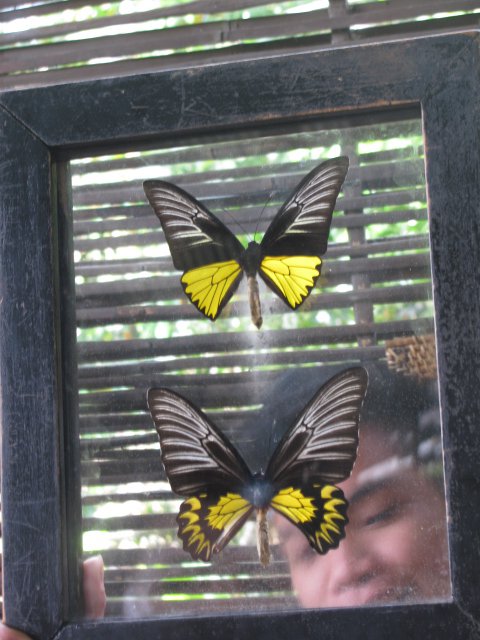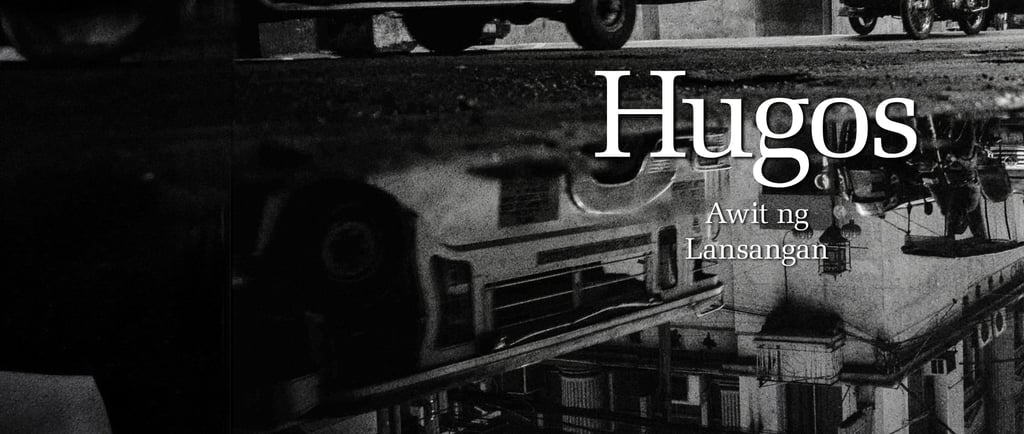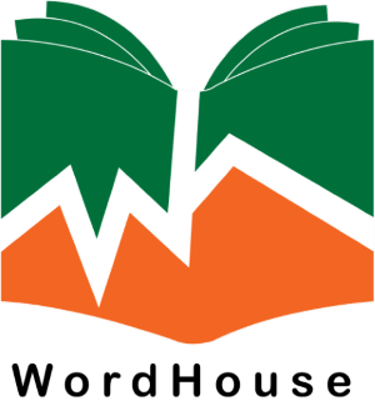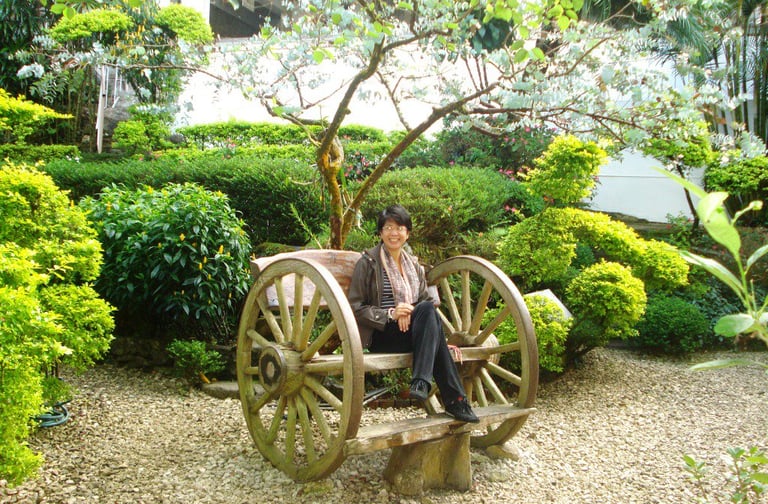Writing Tagalog Poetry on My Way to Adulthood
PERSONALCREATIVE NON-FICTION
Compile your poems in an Anthology of Personal Verses
Let the poet introvert come forth. An anthology of your poems is more than just a collection; it's a tangible reflection of your soul.
Revisit the past. Scroll through your notepads, digital files, and dig the forgotten scraps of paper where your thoughts and emotions first took shape. You might uncover hidden patterns, recurring themes, and the evolution of your mind and spirit, as you go back to these records.
Be vulnerable and honest. Some poems are too raw, too personal, or too intimate. Your choices will significantly influence how readers perceive and experience your work.
Your poetics matter. You will not be only sharing your poems, but also offering a glimpse into your writing process. This self-reflective journey can be deeply fulfilling. Compile your poems today.


Submit Your Poem
Let your words echo beyond trends, transcend passing likes, and find lasting homes in print and keepsakes.


Writing My Dream
As a kid, I was asked the classic question countless times: 'What do you want to be when you grow up?' The possibilities were endless, but the future felt distant. Early in my teenage years, I realized I wasn't cut out for volleyball, too awkward for the stage, and not coordinated enough for games or dance. Even though I was mostly an introvert and loved to scribble, what I wanted to become remained unclear.
A Grace Encounter in a Tagalog Poem
During high school, I submitted a Filipino poem, "Kapalaran" ("Fate"), to my teacher, who graciously shared it with the school paper. Its publication marked a pivotal moment, hinting at a nascent inclination towards writing.
Years later, this inaugural poem would serve as a significant touchstone. In a creative non-fiction essay chronicling my spiritual journey, I cited "Kapalaran" as a testament to God's grace. This unexpected publication, despite my lack of formal editing experience, ignited a passion for writing, leading me on a thirteen-year career as an editor. Furthermore, in the introduction to my dissertation, a profound exploration of three decades of poetry, I traced my poetic lineage back to the very first rhymed verses of my junior high school days, acknowledging "Kapalaran" as the genesis of my poetic journey.
Segue into Theater Arts
As the sixteen-year-old literary editor of Advocate, the college school paper, I found myself more drawn to introspective musings than political commentary. My early poems and essays, reflecting the angst of adolescence, largely revolved around themes of love and the absence of my father. This inward focus, however, lacked the intellectual stimulation I craved.
My perspective began to shift when I joined a theater group and forged friendships with stage performers. Immersed in that world, I became acutely aware of the power of dialogue and the art of observing human behavior. While I dabbled in acting, I ultimately found greater fulfillment in observing and analyzing the nuances of human interaction. This newfound awareness, coupled with my ongoing practice of journaling my thoughts and feelings, began to infuse my writing with a deeper layer of introspection and a growing awareness of the world around me.
My Constant Companion
My constant companion has been the diary. I recall burning one of them, erasing the memory of an all-consuming crush, and disposing another that chronicled an unrequited love. A series of red-spined diaries, chronologically arranged, chart my adolescent years. A worn-out notebook, filled with the frustrations of lesson plan preparation, serves as a poignant reminder of my time as a high school English teacher. My nomadic years, marked by a series of moves between boarding houses, are meticulously documented in an assortment of spring notebooks.
These messy diaries are treasure troves of memories, a rich source of ideas, inspiration, and even devotional reflections. I often find myself mining these notebooks, unearthing forgotten verses scattered across the pages. Each attempt, each 'sounding and resounding' of words, serves as a testament to my enduring commitment to poetry.
Not Guilty of Not Writing
Initially, my focus as a diarist-poet lay not in adhering to strict poetic forms, but rather in capturing the 'sound' and flow of language. The numerous erasures scattered throughout my early drafts bear witness to my struggles with self-reflection. Looking back, I recognize a lack of precision in those early attempts. I wasn't striving for a particular message or expressing a specific desire; I was simply playing with words, exploring their sonic and emotional potential.
Despite these early uncertainties, I persisted. I revisited and revised these early poems, some requiring years of careful refinement, while others seemed miraculously complete in their initial form. Some were discarded entirely, their essence transmuting into entirely new poems.
Ultimately, I compiled these revised and refined poems into a published chapbook titled "Hugos," a term that roughly translates to "traffic of identities." As my poems evolved, I came to understand that my emotions and experiences were not isolated; they intersected with the lives of others. In these written verses, I encountered strangers, their stories becoming interwoven with my own.
This realization culminated in the poem "Awit ng Lansangan," the final poem in the collection and its accompanying subtitle. "Awit ng Lansangan" encapsulates the essence of my poetic journey – the recognition of shared human experiences and the interconnectedness of individual narratives.


